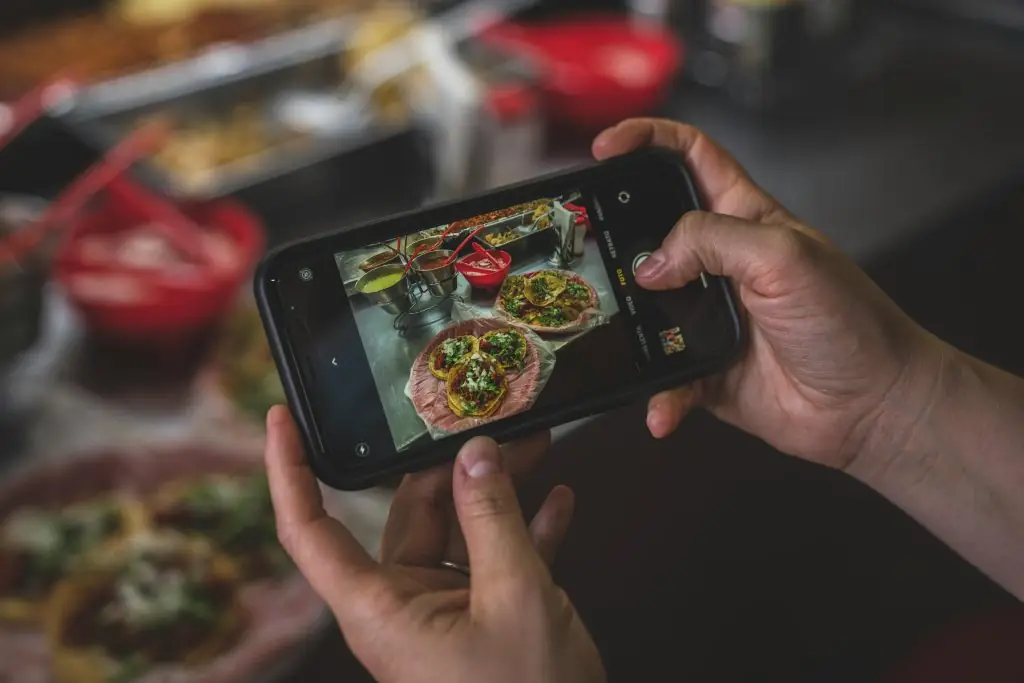Nowadays, many restaurants have started to explore the world of digital gastronomy. This shift was driven by the global health crisis, which forced many businesses to rethink how they operate.
As a result of this radical change, the use of digital gastronomy gained prominence among restaurant owners around the world. For this model to work effectively, certain principles must be followed — and we’ll explain those a bit later on.
But first, let’s start by defining what digital gastronomy is and how it actually works.
What is digital gastronomy?
Digital gastronomy refers to a way of working that incorporates new digital technologies. The aim is to improve the processes involved in growing, transforming, distributing, and consuming food and beverages.
These changes in gastronomy have brought about significant impacts on an individual’s physical, mental, and social well-being. Digital gastronomy is not just about having an online presence — it also involves understanding and addressing the evolving needs of the culinary sector within the digital world.
For digital gastronomy to work as a business, it must be built around this concept. However, it is also possible to adapt your existing business by adopting certain aspects of digital gastronomy, such as running a ghost kitchen.
What is the current state of digital gastronomy?
Today, digital gastronomy is well established — it’s a phenomenon that’s here to stay. Thanks to this way of working, restaurants were able to survive and stay afloat during the pandemic.
Now, in the face of a new crisis — this time economic — it continues to operate as a permanent working model. Nowadays, the internet is filled with countless restaurant options, offering a wide range of services.
From ordering takeaway to booking a table at a restaurant, everything is now possible thanks to this culinary revolution. Geolocation, Big Data, and Artificial Intelligence (AI) have helped transform gastronomy into a more personalised and data-driven business.
The adoption of digital gastronomy has almost doubled profitability in many restaurants by making it easier for customers to place orders, book tables, manage suppliers, and handle menu planning. All these elements point to a new era of innovation in the restaurant industry.
What principles guide digital gastronomy?
The principles behind the functioning of digital gastronomy include:
- Using technology to support environmental sustainability.
- Promoting an eco-conscious and self-sustaining mindset, in order to give back to the planet what has been taken from it.
- Leveraging digital tools to share information about healthy eating habits, while giving users full freedom to choose according to their preferences.
- Fostering a culture of continuous learning among staff, using technology to help them grow and improve daily.
- Ensuring a fair and equal workplace, where all staff are treated with respect — creating a transparent and trustworthy working environment.
- Applying new culinary techniques through technology, aiming to create original food experiences rather than replicating existing ones.
- Highlighting the value of food in order to keep traditional cooking and cultures connected to people’s lives.
- Designing user-centred processes, focusing on the needs of new and future generations.
- Using scalable technology to bring out the best in people while relying on accessible, economically sustainable tools.
And lastly, building a real and sustainable business through transparent, balanced practices, all aimed at offering a unique and rewarding user experience.
What does the future hold for digital gastronomy?
With the lifestyle changes experienced worldwide, many businesses had to reinvent themselves in order to survive. Restaurants, in particular, turned to technology to revive their sales and stay relevant, compared to the limitations of traditional methods.
Technology made it easier for them to connect with users, and it also helped boost their presence across social media. Digital gastronomy is a field with enormous potential for those who choose to explore it. However, adapting to this new model requires transformation and a willingness to embrace change.
All signs suggest that this way of working will continue well into the future…
